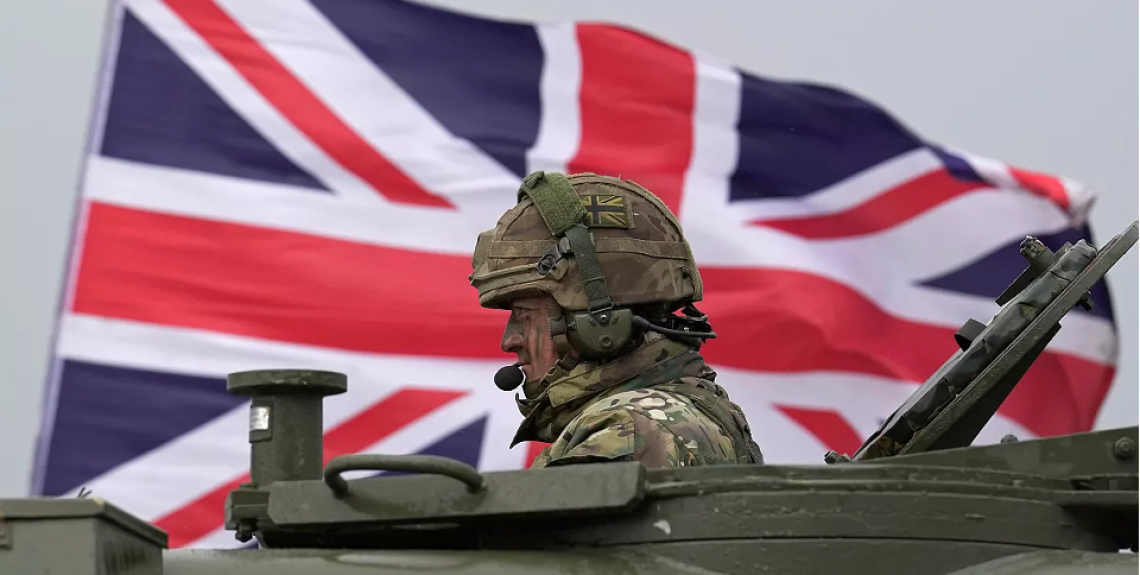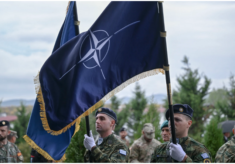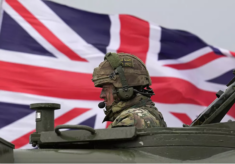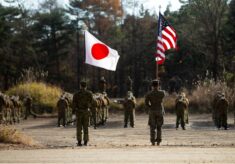With a major war still raging in Europe, Trump continually threatening to abandon NATO, and China’s long-standing desire to invade Taiwan, is Britain concretely preparing its military apparatus to step up and use hard power for the causes of deterrence and global ordering?
It’s hard to tell. The current Labour government is still refusing to clarify its exact Defence strategy and spending plans, including when it might increase spending to 2.5% of GDP as promised. Instead, we are left waiting for the publication of a new Strategic Defence Review. So, are Starmer and Co. missing an opportunity to be Mega Orderers and lead the allies?
UK ministers will state almost as an article of faith that “The first duty of government is the defence of the nation”. Yet, it has not been Starmer’s first priority since coming into office as Prime Minister on July 5, 2024. Alongside the announcement of having to wait for the completion of a defence review before British spending targets can be fixed, we have had some hints of a different approach on Europe, the prioritisation of NATO, and reform inside the Ministry of Defence, including on procurement and defence industry. But with Russia creeping forwards Ukraine, there is little signof the urgent changes necessary for European militaries to be able to make an increased contribution to their own security, and some scepticism about how profound and impactful the UK reforms will be. Even an increase to 2.5% may be insufficient, it takes too long or is spent as poorly as the MoD’s recent record suggests it will.
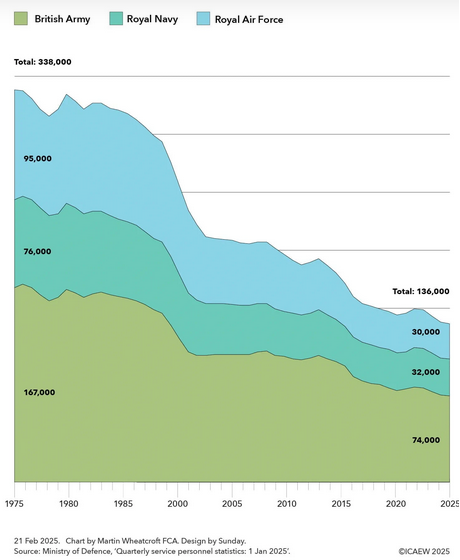
I spoke recently on my Disorder podcast, which is partnered with the NATO Defense College Foundation, with Matthew Savill, RUSI’s Director of Military Sciences. We both advocate for the UK to enhance its status as a major global player and maintain independent military capacities, such as a fully operational carrier group. Mr Savill postulates that we might be in a genuine ‘pre-war era’, which requires an extra focus on re-capitalisation of Britain’s hard power deterrents. According to his logic:
“We are now living in a world where cold, hard power is being exercised, and the USA is not talking about, frankly, values, it’s talking about US interests, and it’s willing to trample its own allies to get at them; and if the UK wants to convene, it needs to bring something to the party. We’ve got to bring actual influence, or actual military capability, or an actual clever diplomatic insight into solving a problem. If we just see ourselves as essentially a place to have nice conversations at Lancaster House, then all we’re going to do is be standing still, whilst China and Russia are using hard power to achieve their objectives”.
Searching for the right historical analogies, we might ask: are we in a pre-war world? What would that war be? And is Britain really preparing for this, AI or drone war scenario?
Major players in the British defence establishment, like Savill, have written and spoken out that it is realistic that within the next few years, we could see a major country clash that is very similar to Russia and Ukraine in terms of scale, because things might get worse in Europe. The Middle East remains unstable and China has its designs on Taiwan. And so, the idea that Britain can just sort of stay back and maintain a status quo posture must be rejected.
To my mind, as an Anglo-American, the lesson of the Trump years is that Britain needs independent capacities rather than the trend from the late 1990s to 2010s of structuring British military capacity to be plug and play into the American military. Following this train of thought, I would argue that it is critical for Britain to have fully sovereign, independent, and deployable capacities, like a carrier group or an expeditionary force.
Yet, Starmer’s announced approach appears perhaps more controversial in a way and safer in another: it’s a combination of the predictable (increased funding) and the uncomfortable. Speaking on Disorder, Savill suggested a conscious and deliberate decision to scale back ambition and prioritise a force that works with NATO Allies over the next 10 years, rather than an overly ambitious force that never materialises or is unaffordable.
Jason Pack
Mr Pack is Host of the Disorder Podcast, Associate Fellow, Royal United Services Institute (RUSI), And Senior Analyst for Emerging Challenges, NATO Defense College Foundation.

